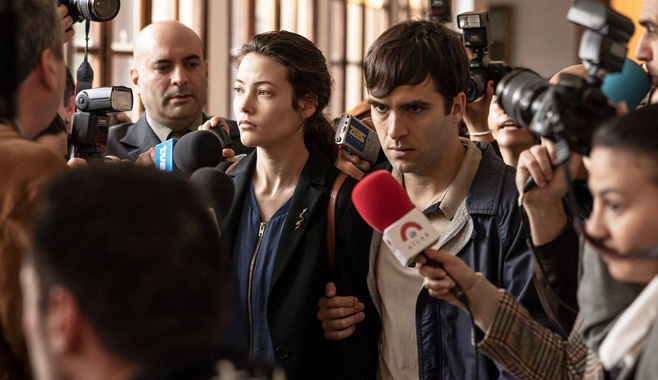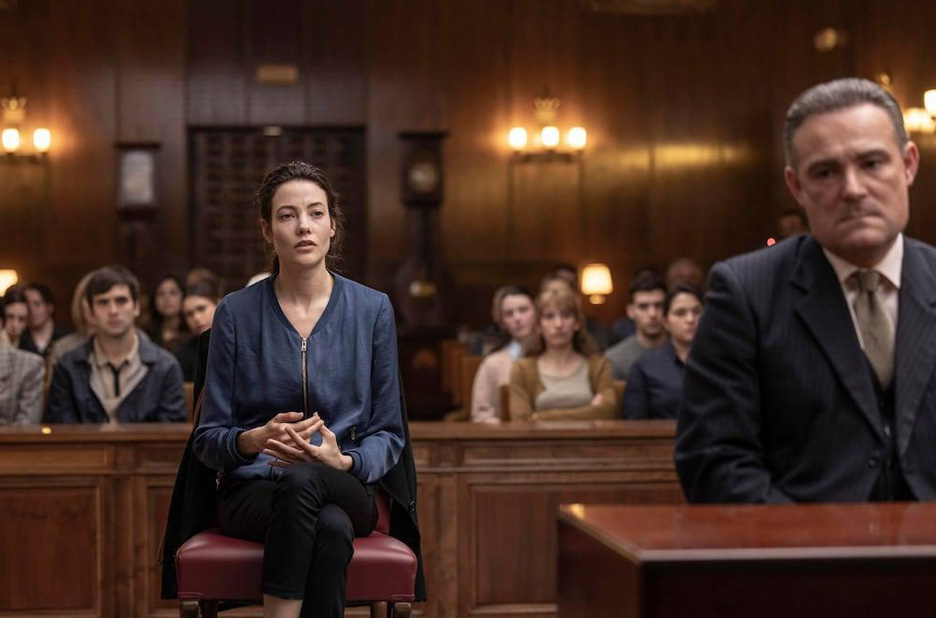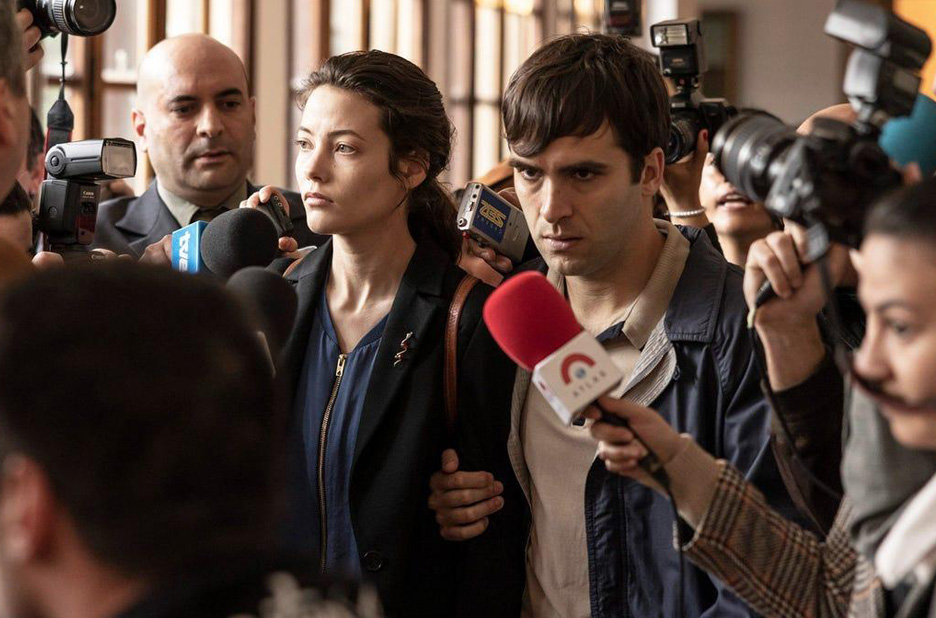Film
I am Nevenka (2024)
Icíar Bollaín
4/5
Misogyny and its enablers
The story of Nevenka Fernandez needs to be known. She was the first woman in Spain to win a case for sexual harassment against a politician in 2001. This film, although not pleasant viewing, belongs to the category of features that should be seen for their societal value.


Made in documentary style, the film focuses on the slow progression of manipulation, discomfort and acute trauma trapping Nevenka in a situation which increasingly seems without a way out. The perpetrator, the former mayor of Ponferrada for the Partido Popular, Ismael Álvarez, has everyone in the town in his pocket, continuously granting favours to buy loyalty to such an extent that everyone thinks of him as the “pillar” of the community. And how many such “pillars” have been ignominiously taken down over the years. Let’s be clear that Ismael Álvarez’s crime is sexual harassment and rape. It is not surprising that these kinds of revelations about politicians more often than not involve conservative populist figures who use misogyny to maintain their popularity among conservative voters, and as a result normalise shameless objectification of women and criminal behaviour in their communities.
Mireia Oriol successfully portrays Nevenka’s fragility, prettiness and ambition, while Urko Olazábal plays the vile ruthless mayor with a skin-crawling presence. Although it is commendable that the director refrains from over-dramatizing the facts, the result is a little flat, and the slight re-ordering of the narrative does not convince. The story should and does stand on its own, but it seems to me that an opportunity was missed to make this cinematically stronger.
There is no perfect victim of sexual harassment and rape. Nevenka was young and naïve and made many mistakes. But the advice to stick it out is always the worst thing anyone can say to a victim, and this is unfortunately and shockingly what her family press her to do, themselves in debt to the mayor for their livelihoods. Not covered in the film was that the media reporting of the trial also heavily contributed to spreading the narrative of Nevenka as an ambitious woman who used the mayor for her own advancement. Although Nevenka eventually got justice, the mayor won the respectability game, something that this film tries to address.

The most striking aspect of these cases is always the incredible number of enablers, among them Nevenka’s friends and family members. In fact it could be said that pretty much the whole town of Ponferrada was supporting the criminal and blaming the victim. It is extraordinary that in such conditions Nevenka was able to win her case and it shows that justice can sometimes be a forerunner of deep social changes which are overdue. The current trial in France in the case of Gisèle Picot stands in remarkable parallel.
It has been reported that talking about Nevenka in Ponferrada, 23 years on, continues to feel like talking about the present. The perpetrator is still there denying his crimes, respected and believed by the community. The town council currently run by the Partido Popular refused the permission for the film to be shot there. The discrete première of the film in Ponferrada was poorly attended. The monument to Nevenka’s courage unveiled in 2023 was vandalised.
At least I am pleased to know that Nevenka lives somewhere in Ireland, far away from Ponferrada, and that an increasing number of people are starting to believe her side of the story.